The Definition of Living Off the Grid
Living “off grid” is generally defined as living without any connection to or reliance on public utilities, such as electricity, mains water, natural gas, telephone service and other essentials; as well as those utilities that manage food, waste and wastewater.
Instead of being connected to physical grids, one might rely on one of the following:
- For power: solar, wind, hydro, batteries or possibly a generator
- For water: on-site: a borehole, a well, or other on-site water sources, or bring in water from elsewhere
- For Internet: cell phone, fixed wireless broadband, satellite, or radio waves.
The real meaning of “off the grid” is sometimes subject to interpretation; what it means for one person is not necessarily how another person would understand it.
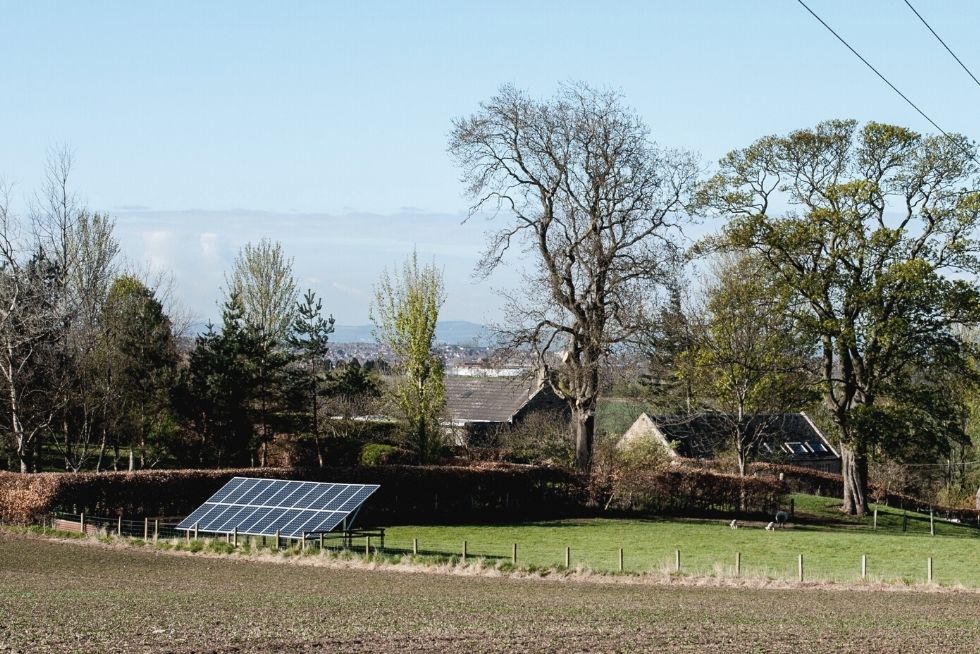
What It Means to Go “Off the Grid”
Living “off the grid” or “going off the grid” often suggests a radical lifestyle change, one of disappearing from the public eye, living hidden from the world and sometimes even out of sight from friends and loved ones. In many such cases, people yearn to feel a carefree disconnect from everyday world or societal events.
Most people who go off the grid in a sort of disappearing act often do so for a reason — they’ve suffered a trauma that prompts them to take their distance; they may be running from something or someone; or they simply want to build a life (and sometimes, a community) of their own choosing, not influenced by big companies, governments and other institutions.
In general, some people differentiate between the terms as follows:
- Living Off Grid = not being connected to mains utilities
- Living Off the Grid = not being connected to mains utilities and deliberately disconnecting oneself from a standardized lifestyle and even hiding from the public eye.
On this website however, we’ll use both expressions interchangeably (like most people all around the world).
How Off-Grid Living Relates to Different Philosophies and Lifestyles
Off-grid living in connection with self-sufficiency and self-reliance
Although most people who live off grid do so because they want to be more self-sufficient and self-reliant, other people have their own individual reasons. Not everyone who lives such an off-grid lifestyle grows their own food, keeps animals or limits their interactions with the outside world.
Nor does everyone who lives off grid do so because they want to be more self-sufficient; in many cases, people resort to off-grid living because they live in a remote location, where getting hooked up to mains water and power is expensive or sometimes even impossible.
Off-grid living as it relates to prepping and survivalism
Although many preppers and survivalists live off the grid, not all people living off the grid actively practice emergency preparedness or survivalism.
Emergency preparedness, referring to the steps one might take to ensure their safety before and after an emergency or a natural disaster, can be achieved from anywhere — even in a city, connected to the grid, for instance.
Survivalism, a movement referring to those prepared to survive in the face of political or social turmoil, is centered mostly around learning certain skills that would allow you to survive anyplace, anytime. These skills, in and of themselves, are not needed for living off the grid.
Off-grid living in terms of green and sustainable living
Living off grid is often not necessarily a super “green” way of life.
Living off-grid often means residing in a remote location, perhaps building something in the middle of nature — often, unfortunately, simultaneously disturbing the existing fauna and flora.
Off-grid living also can absolutely be unsustainable: using a generator, for instance, instead of renewable energy; or depleting local natural water sources; or bringing in water from foreign sources; or adopting a wasteful lifestyle even while living off-grid.
Furthermore, off-grid electric systems are not always super sustainable (solar photovoltaic panels, lead-acid batteries, etc). Technology, however, is rapidly evolving and nowadays systems are quite a bit more sustainable than they were five years ago.
For example, Michael Moore’s recent documentary Planet of the Humans, was already outdated by the time it came out in the spring of 2020 — most of the technology filmed and discussed was a decade old, and already obsolete.
Many people living off grid, nevertheless, are actively lowering their carbon footprint: reducing their waste and reducing the use of non-renewable materials like plastic through active recycling and repurposing.
Off-grid as it relates to frugal living
The actual act of living off grid is not necessarily always cheap; It potentially can be, if you want to make do with less comfort, but it’s not always the case. On the other hand, some people living off grid do so in lavish luxury — think of private islands and fancy resorts.
Setting yourself up for self-sufficiency can also be expensive: acquiring systems and setup, buying animals, seeds, trees, etc. This all adds up. Increased self-reliance can save money though, and living off the beaten path might help in regards to your not being constantly confronted with screaming advertisements or store shop windows.
Off-grid living and going back to basics and traditional skills
Not everyone wants to return to basics or employ time-honored traditional skills, but for many, living off grid becomes a chance to live a more simple life, going somewhat back to basics, trying to learn old and forgotten skills or using hand tools instead of machines… and (most importantly) making more time for what really feels important.
Off-grid living and minimalism
As we already mentioned above, one can live off grid at a variety of different levels: from living in luxury on a private island, to *really* going back to basics. Everyone gives their own meaning to it. Some groups in the off-grid living community frown upon the use of the Internet (even if it’s not a physical grid, it still means being connected to the outside world) or even the use of electricity beyond an emergency generator.
Off Grid or On the Grid: You Decide
There’s much to consider if you should contemplate a life off the grid, and it’s good to know that there isn’t only one way to accomplish such a lifestyle. It’s important to figure out what works for you, given your relationship to and philosophy regarding so many different concepts: the environment, animal husbandry, public utility connection, human relationships, economic viability, etc.
We invite you to explore this idea further and browse some inspiring real-life living off-grid stories here.

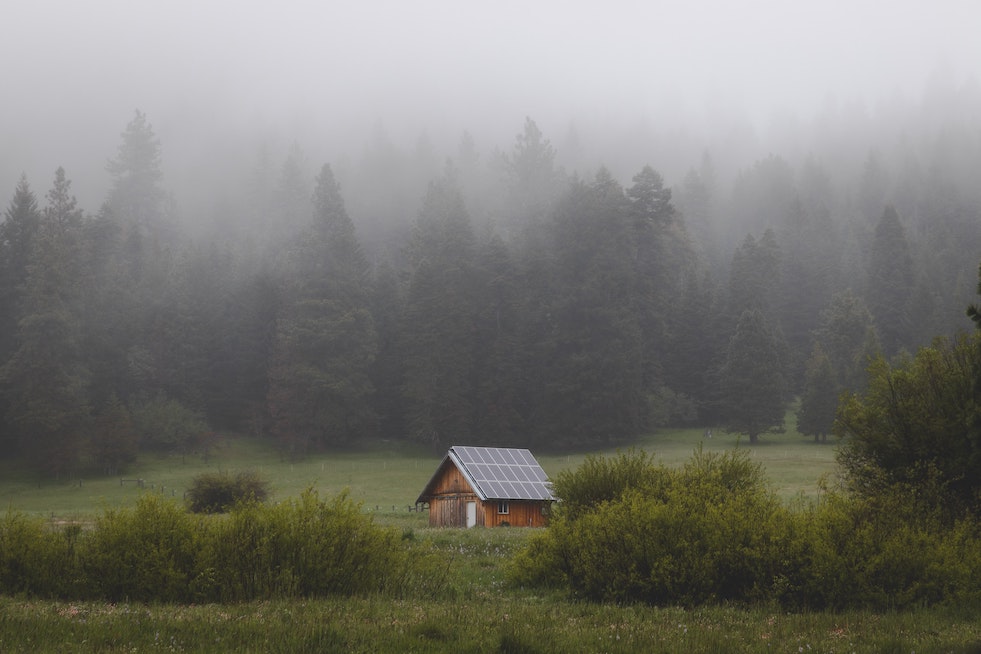
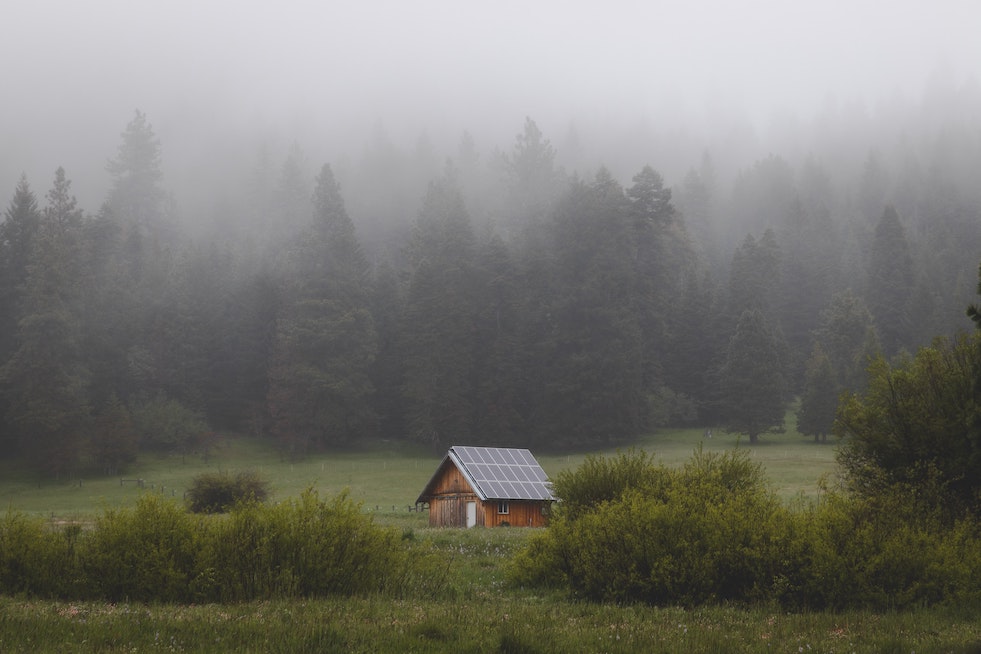
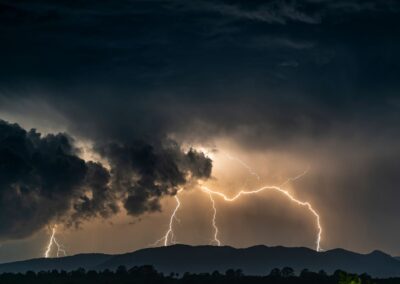
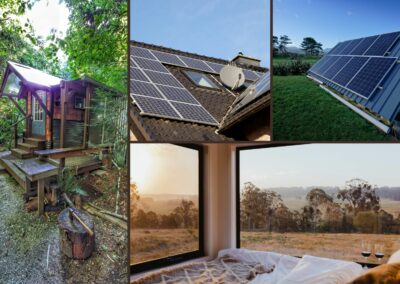


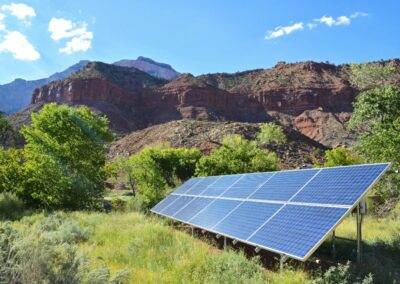
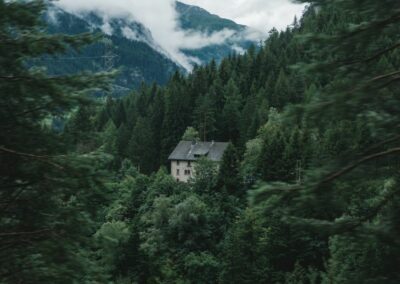
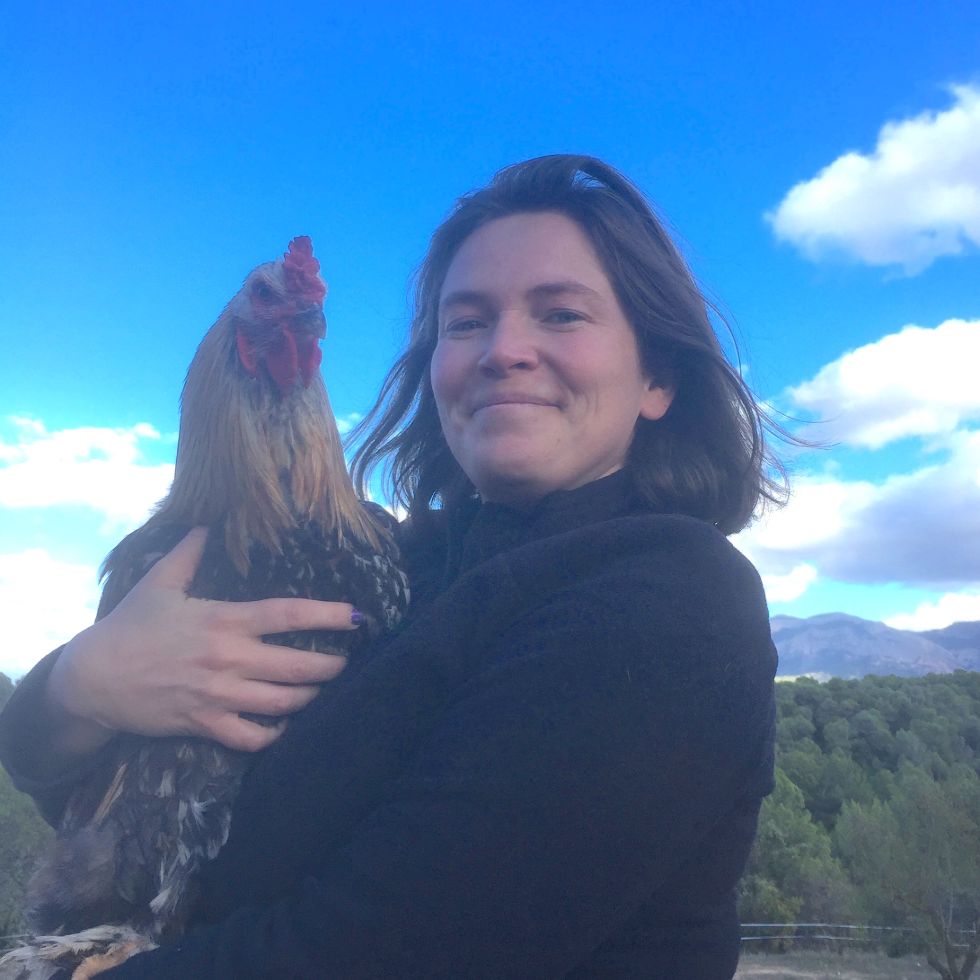

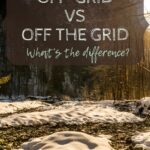
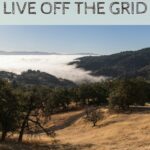
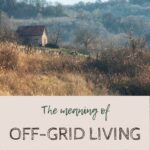
0 Comments